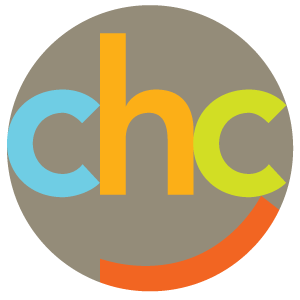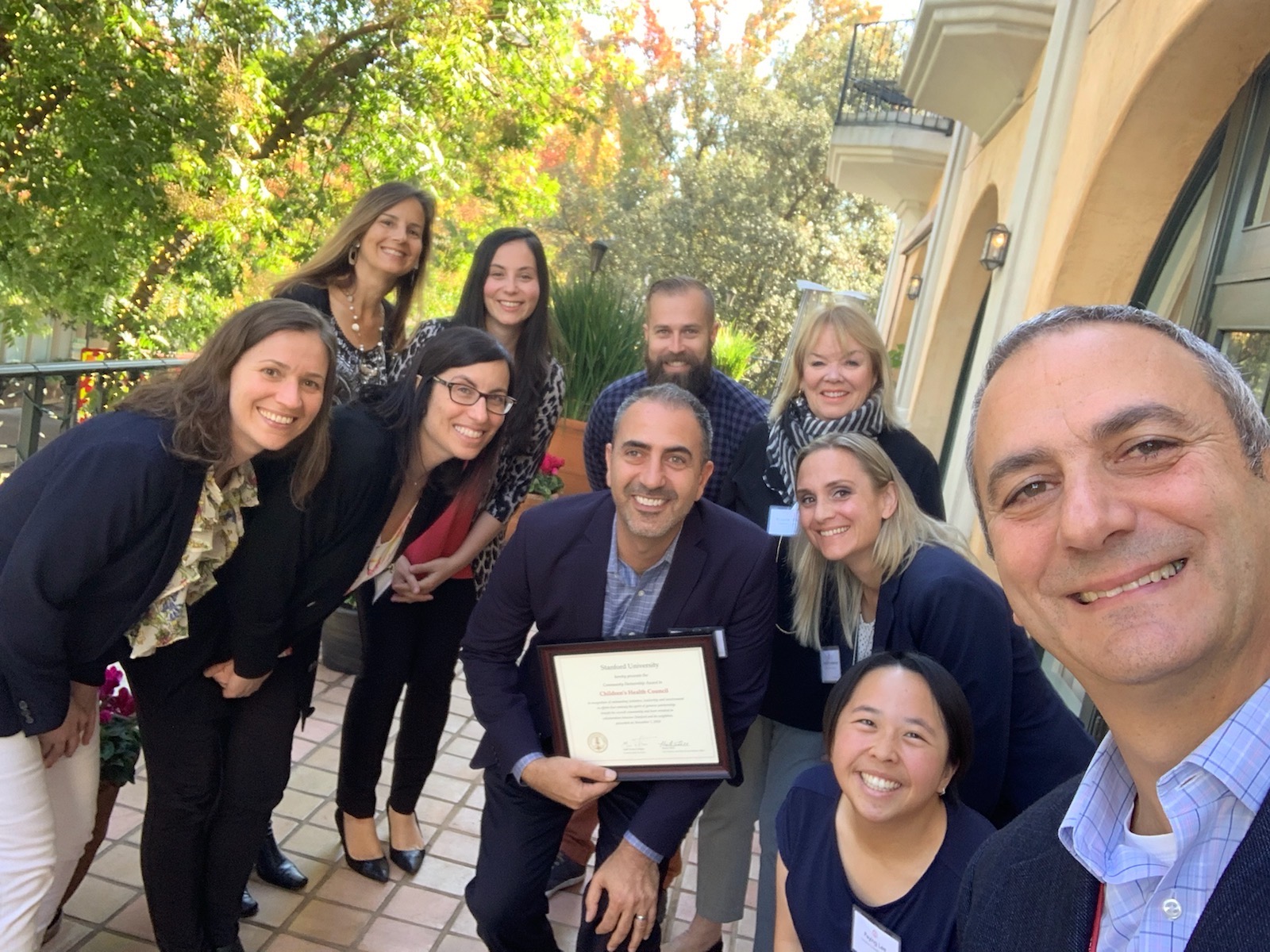Children’s Health Council and Lucile Packard Children’s Hospital Celebrate 30 Years of Partnership
Providing an APA-Approved Doctoral Internship Program in Clinical and Pediatric Psychology
In 1990, the American Psychological Association (APA) accredited a consortium internship program between Children’s Health Council (CHC) and Lucile Packard Children’s Hospital at Stanford (LPCH). Thirty years later, the prestigious program receives well over 100 applications annually for just four spots, attracting the top doctoral students from around the country. Read more ›








